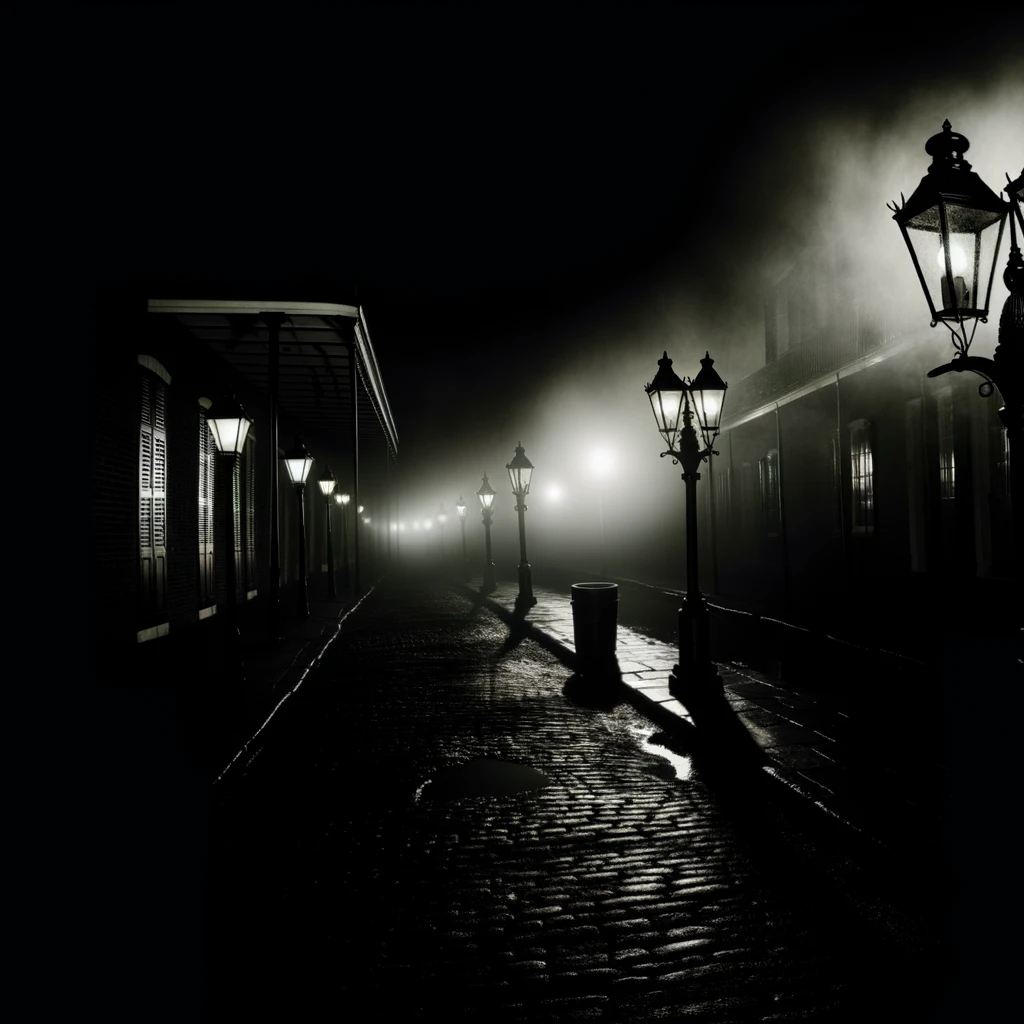Related Articles











Anne Rice's 'Interview with the Vampire' is a seminal work in the gothic horror genre, offering readers a deep dive into the existential and moral dilemmas of immortality. First published in 1976, the novel has captivated audiences with its rich narrative, complex characters, and haunting exploration of the human condition through the lens of vampirism.
Gothic horror is a genre that blends fiction, horror, and romanticism, often set against dark, mysterious backdrops. 'Interview with the Vampire' epitomizes this genre with its lush descriptions of 18th-century New Orleans and Paris, creating an atmosphere thick with foreboding and intrigue. This setting becomes a character in its own right, reflecting the inner turmoil of the protagonists.
At the heart of 'Interview with the Vampire' is the exploration of immortality's burden. Louis de Pointe du Lac, the novel's protagonist, is transformed into a vampire by the enigmatic Lestat de Lioncourt. Through Louis's eyes, readers are introduced to a world where eternal life is both a gift and a curse. The novel delves into the moral complexities of living as a predator, juxtaposing the desire for companionship with the need for blood.
Rice uses Louis's introspection to question what it means to be human when humanity is stripped away. His reluctance to kill humans and his quest for understanding highlight the intrinsic conflict between his vampire instincts and the remnants of his human soul.
Louis is portrayed as a deeply reflective and empathetic character, whose struggle with his new identity forms the narrative's backbone. His constant questioning of the nature of evil and his place in the world makes him a relatable and tragic figure.
In contrast, Lestat embodies the hedonistic and unapologetic aspects of vampirism. His charismatic yet ruthless nature provides a stark foil to Louis's introspective demeanor. Lestat's approach to immortality is one of indulgence, embracing the power and freedom that come with being a vampire.
'Interview with the Vampire' has had a lasting impact on both literature and popular culture. It paved the way for subsequent vampire narratives, influencing authors and filmmakers alike. The novel's adaptation into a 1994 film starring Tom Cruise and Brad Pitt further cemented its status as a cultural phenomenon.
Rice's portrayal of vampires as complex, multifaceted beings challenged traditional depictions and opened the door for more nuanced interpretations in media. This shift has contributed to the genre's evolution, allowing for a broader exploration of themes such as identity, love, and existential dread.
'Interview with the Vampire' remains a cornerstone of gothic horror literature, celebrated for its atmospheric storytelling and profound exploration of the human psyche. Anne Rice's ability to weave intricate narratives with philosophical undertones continues to resonate with readers, ensuring the novel's place in the pantheon of horror classics.
For those intrigued by the darker aspects of fiction, 'Interview with the Vampire' offers a compelling journey into the depths of immortality and the eternal struggle between light and darkness.